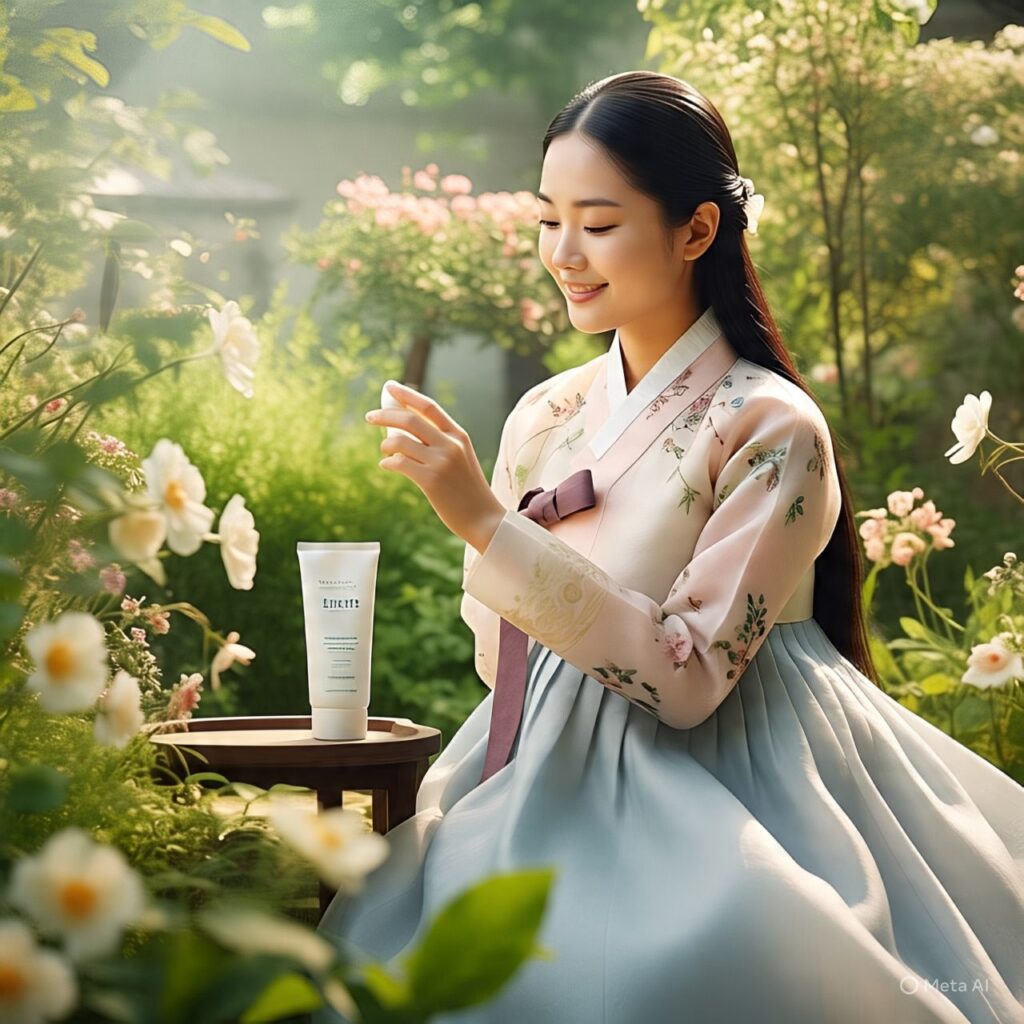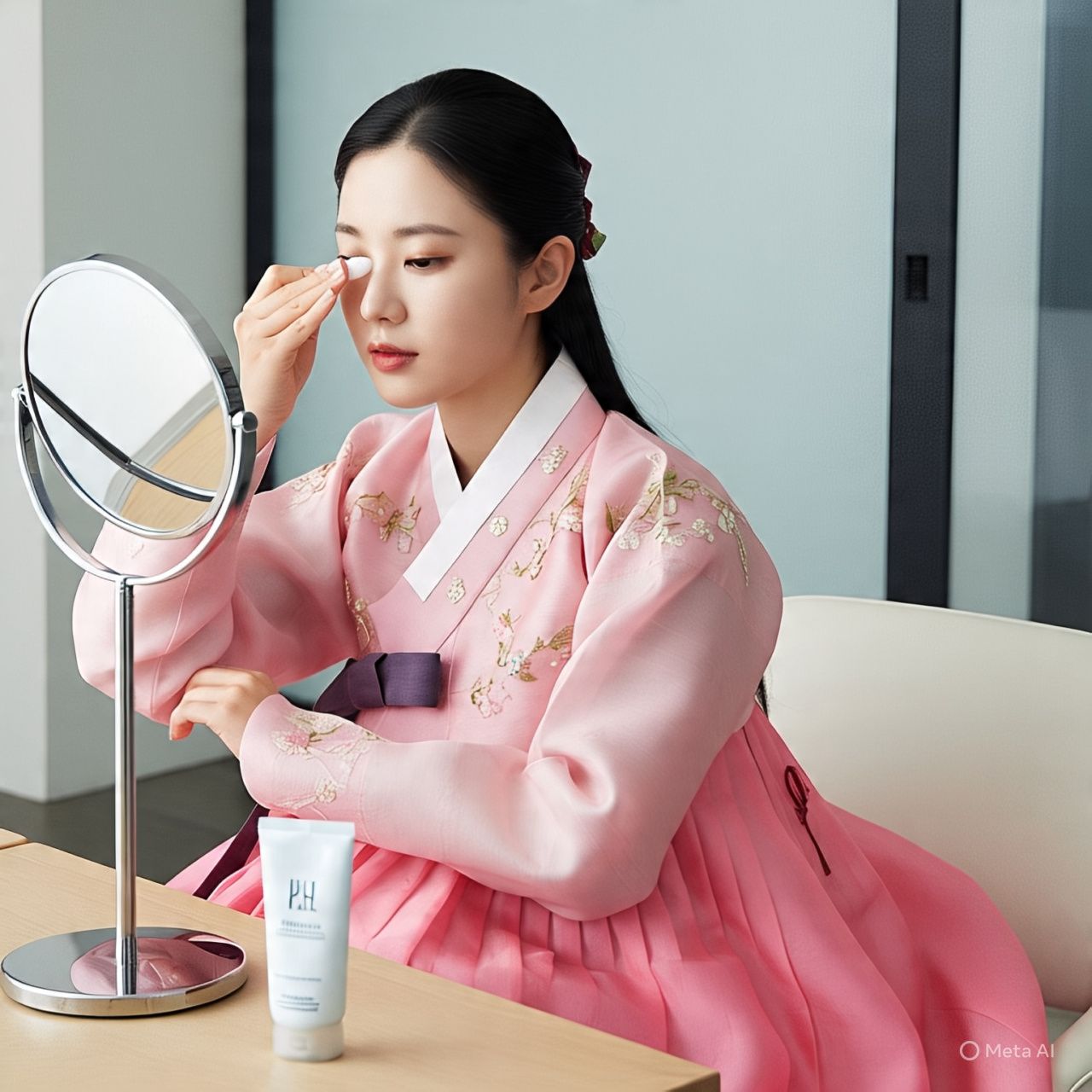In the world of K-beauty, few brands have achieved cult status as quickly as Beauty of Joseon. With its deep-rooted ties to traditional Korean ingredients and innovative formulations, the brand has carved a niche in the skincare community. Among its standout products, Beauty of Joseon sunscreen has become a must-have for skincare enthusiasts worldwide. In this guide, we dive deep into what makes this sunscreen so beloved, explore its ingredients, effectiveness, and how it fits into a skincare routine, and answer frequently asked questions.
What is Beauty of Joseon Sunscreen?
A Brief Overview
Beauty of Joseon sunscreen, officially named the Relief Sun: Rice + Probiotics SPF50+ PA++++, is a chemical sunscreen that combines modern UV filters with traditional Korean skincare ingredients. Inspired by Joseon-era beauty practices, the formulation reflects a perfect harmony between heritage and science.
Two Popular Variants
While the Relief Sun: Rice + Probiotics version is the most popular, Beauty of Joseon also offers:
- Matte Sun Stick: Mugwort + Camelia
- Ginseng Moist Sun Serum (occasionally available)
In this article, we focus primarily on the Relief Sun formula, the one that made the biggest splash in the beauty community.
Key Ingredients in Beauty of Joseon Sunscreen
Rice Extract (30%)
Rice has long been a staple in Korean beauty. Rich in antioxidants and amino acids, rice extract:
- Brightens dull skin
- Helps improve skin elasticity
- Provides deep hydration
The Beauty of Joseon sunscreen uses 30% rice extract, making it particularly effective for nourishing the skin while protecting it.
Probiotics Complex
Probiotics balance the skin’s microbiome, supporting a healthy barrier. This results in:
- Reduced inflammation
- Improved skin texture
- Better defense against environmental aggressors
This blend enhances the skin’s natural resilience, making it ideal for sensitive skin types.
Modern Chemical UV Filters
The sunscreen uses next-generation filters, including:
- Diethylamino Hydroxybenzoyl Hexyl Benzoate (Uvinul A Plus) – UVA protection
- Ethylhexyl Triazone – Broad spectrum, particularly UVB
- Tinosorb S (Bis-Ethylhexyloxyphenol Methoxyphenyl Triazine) – UVA and UVB
These filters provide high protection with minimal irritation or white cast, suitable for all skin tones.
Benefits of Using Beauty of Joseon Sunscreen
1. Broad-Spectrum UV Protection
With SPF50+ PA++++, this sunscreen offers powerful protection against both UVA and UVB rays, helping to prevent premature aging, hyperpigmentation, and sunburn.
2. Lightweight and Hydrating
The creamy texture absorbs quickly into the skin without leaving a greasy residue. Its hydrating formula makes it ideal for dry to combination skin.
3. No White Cast
Unlike traditional sunscreens, the Beauty of Joseon sunscreen blends seamlessly into the skin—making it especially appealing for people with medium to deep skin tones.
4. Suitable for Sensitive Skin
Thanks to the absence of alcohol, artificial fragrance, and harsh preservatives, it’s a gentle option even for sensitive or acne-prone skin.
5. Skin-Friendly Finish
The finish is dewy but not oily, giving your skin a healthy, luminous glow that looks great with or without makeup.
How to Use Beauty of Joseon Sunscreen
Step-by-Step Application
- Cleanse your face using a gentle cleanser.
- Tone and moisturize your skin (optional but recommended for hydration).
- Apply 2-3 fingers worth of sunscreen to cover your entire face and neck.
- Reapply every 2–3 hours, especially when exposed to direct sunlight.
When to Apply
Use the sunscreen as the last step in your morning skincare routine. It can be worn alone or under makeup.

Who Should Use Beauty of Joseon Sunscreen?
This sunscreen is suitable for:
- All skin types (dry, oily, sensitive, combination)
- People with medium to deep skin tones looking for no white cast
- K-beauty lovers wanting an affordable, effective option
- Sunscreen skeptics who dislike greasy or sticky formulas
Beauty of Joseon Sunscreen vs Other Popular Sunscreens
| Feature | Beauty of Joseon | La Roche-Posay Anthelios | Neutrogena Hydro Boost SPF |
|---|---|---|---|
| SPF | 50+ PA++++ | 50+ | 30 |
| White Cast | None | Slight | Noticeable on darker tones |
| Key Ingredients | Rice, Probiotics | Thermal Spring Water | Hyaluronic Acid |
| Skin Feel | Lightweight | Slightly Oily | Gel-like, may pill |
| Price Range | Affordable | Premium | Drugstore |
Where to Buy Beauty of Joseon Sunscreen
You can purchase it from:
- Official Beauty of Joseon website
- K-beauty retailers like YesStyle, Stylevana, and Jolse
- Amazon and eBay
- Local Asian beauty stores
Always ensure you’re buying from a trusted seller to avoid counterfeit products.
Storage and Shelf Life
- Store in a cool, dry place away from direct sunlight
- Once opened, use within 12 months
- Unopened, shelf life is typically 3 years
Real User Reviews
Reddit SkincareAddiction Community
“I’ve tried dozens of sunscreens and the Beauty of Joseon sunscreen is the only one that doesn’t make me break out or leave me shiny. I’m on my 4th tube!”
YouTube Reviews
- James Welsh praised it for its finish and how makeup sits beautifully on top.
- Hyram noted it’s a great introduction to K-beauty sunscreens.
Beauty of Joseon Sunscreen: Pros and Cons
Pros
- Lightweight, non-greasy texture
- High SPF and broad-spectrum protection
- Hydrating and skin-soothing
- Suitable for most skin types and tones
- No white cast
Cons
- Not waterproof (reapplication necessary)
- Can feel too dewy for very oily skin types
- Availability may vary by region
FAQs About Beauty of Joseon Sunscreen
Q1: Is Beauty of Joseon sunscreen safe for acne-prone skin?
Yes! Its formula is non-comedogenic, alcohol-free, and fragrance-free, making it suitable for those with acne-prone or sensitive skin.
Q2: Does Beauty of Joseon sunscreen leave a white cast?
No, it does not. One of its biggest selling points is its transparent finish, even on medium to deep skin tones.
Q3: How often should I reapply Beauty of Joseon sunscreen?
Like all sunscreens, reapply every 2–3 hours, especially after sweating or swimming, though this particular product is not water-resistant.
Q4: Can I use Beauty of Joseon sunscreen under makeup?
Absolutely. It has a smooth texture that works well as a primer. Makeup sits beautifully on top without pilling.
Q5: What’s the difference between chemical and physical sunscreens?
Chemical sunscreens absorb UV rays, converting them into heat. Physical (or mineral) sunscreens reflect UV rays. Beauty of Joseon sunscreen is a chemical sunscreen, offering light, non-greasy protection.
Q6: Is it cruelty-free and vegan?
Yes, Beauty of Joseon is a cruelty-free brand, and this sunscreen does not contain any animal-derived ingredients.
Q7: Can men use Beauty of Joseon sunscreen?
Definitely. It’s a gender-neutral product, suitable for anyone looking to protect their skin from UV damage.
Q8: Is it safe to use during pregnancy?
It’s generally considered safe, but it’s always best to consult your healthcare provider before using any skincare product during pregnancy.
Final Verdict: Is Beauty of Joseon Sunscreen Worth It?
Beauty of Joseon sunscreen has earned its reputation for good reason. It offers top-tier sun protection with a luxurious feel, all at an affordable price. Its formula is thoughtfully created, blending time-tested ingredients like rice and probiotics with advanced UV filters. Whether you’re new to K-beauty or a seasoned enthusiast, this sunscreen is a staple worth trying.
Conclusion
Sun protection is the cornerstone of any effective skincare routine, and Beauty of Joseon sunscreen provides a beautiful balance of protection, hydration, and skin-nourishing benefits. With no white cast, no harsh chemicals, and a glowing finish, it’s easy to see why this product continues to dominate skincare rankings globally.
If you’re still hunting for the perfect sunscreen, your search might just end here.

